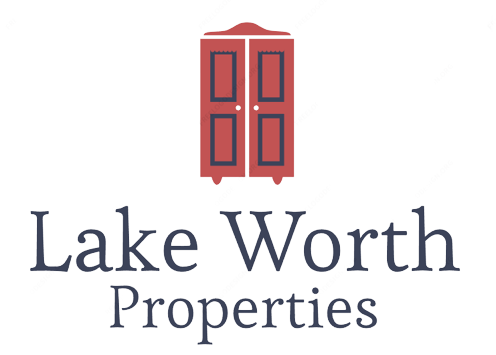
An In-Depth Guide to Evaluating Appraisals and Making Necessary Adjustments in South Florida’s Real Estate Market
South Florida’s real estate market is an alluring world of sunny beaches, vibrant communities, and promising investment opportunities. From first-time home buyers and empty nesters to relocating professionals and vacation home seekers, the market caters to a diverse audience. However, navigating this market can be challenging, especially when it comes to understanding appraisals and making necessary adjustments. This guide will help you traverse this unique real estate landscape by delving deep into the appraisal process, its relevance, evaluation, and adjustments.
Understanding Appraisals in the South Florida Real Estate Market
An appraisal is an unbiased professional opinion about a property’s worth and is crucial in the real estate purchasing process. In South Florida’s bustling market, appraisals help determine property values, influence lending decisions, and guide buyers and sellers in their transactions.
Appraisals typically consider factors such as the property’s location, condition, size, the price of similar properties (comparables), and market trends. In South Florida, additional elements like proximity to the beach, hurricane-proofing, and access to amenities could also influence appraisals.
The Importance of Appraisals for Different Stakeholders
Appraisals hold varied significance for different stakeholders. For first-time home buyers, understanding the appraisal process can mean the difference between overpaying and acquiring a dream home at a fair price. Empty nesters might use appraisals to determine if downsizing their home would result in significant financial benefits.
Investors rely heavily on appraisals to assess the value of their potential investment and its expected return. Relocating professionals, often unfamiliar with the local market dynamics, use appraisals to gauge fair property values. Vacation home buyers, on the other hand, utilize appraisals to verify if a property is priced correctly, given its potential for personal enjoyment and rental income.

Steps to Evaluate Appraisals in South Florida
Evaluating an appraisal requires a careful look at the assessment methodology and the factors considered. Here are some steps:
- Check the Comparables: Ensure that the appraiser has chosen similar properties in terms of size, condition, location, and amenities. In South Florida, properties with waterfront views or located near popular tourist spots could fetch higher prices.
- Assess Market Conditions: In a dynamic market like South Florida, the timing of the appraisal can impact the property’s value. For example, the real estate market may heat up during the winter when snowbirds flock to the region, potentially driving up property values.
- Verify the Appraiser’s Expertise: Make sure the appraiser is well-versed in South Florida’s market peculiarities. An experienced local appraiser would have a more nuanced understanding of factors that can influence property values in the region, like hurricane season, tourism, and zoning regulations.
Guiding Adjustments to Appraisals: A South Florida Perspective
Appraisals are not set in stone and can be subject to adjustments. You can challenge an appraisal if it seems inaccurate or incomplete, but you need to provide strong evidence for your claim.
For instance, if recent, comparable sales data was overlooked or the appraiser failed to consider important value-adding features of your property like a newly renovated kitchen or a hurricane-resistant roof, these could be grounds for re-evaluation. Additionally, errors like incorrect property measurements or overlooked legal rights associated with the property could warrant an appraisal adjustment.
Case Studies: Real-life Appraisal Scenarios in South Florida
To bring these concepts to life, let’s consider some real-world scenarios. In one instance, a first-time homebuyer in Miami challenged an appraisal that undervalued the property due to overlooked neighborhood amenities. They presented evidence of recent, higher-priced sales of similar properties in the same neighborhood and got the appraisal adjusted upward.
In another case, a vacation home buyer in Key West successfully got an appraisal adjusted downward when they demonstrated that comparable sales used in the appraisal were inflated due to a temporary surge in demand during the high tourist season.
A Wrap-up: Navigating Appraisals in the South Florida Real Estate Market
The South Florida real estate market can be complex, but with a solid understanding of appraisals and how to navigate them, you can ensure you’re making informed decisions. Whether you’re buying your first home, investing, relocating, downsizing, or looking for a vacation home, understanding and adjusting appraisals is crucial. So equip yourself with knowledge, ask the right questions, and take charge of your real estate journey. Happy house hunting in sunny South Florida!
